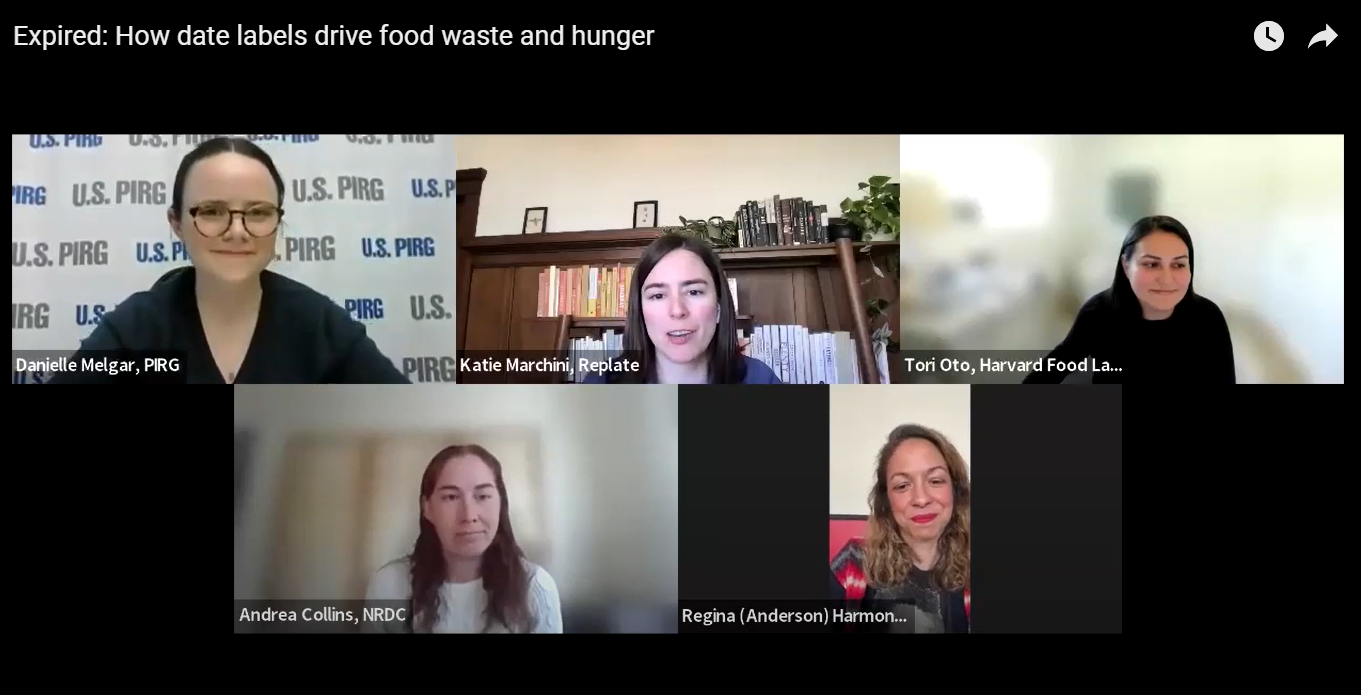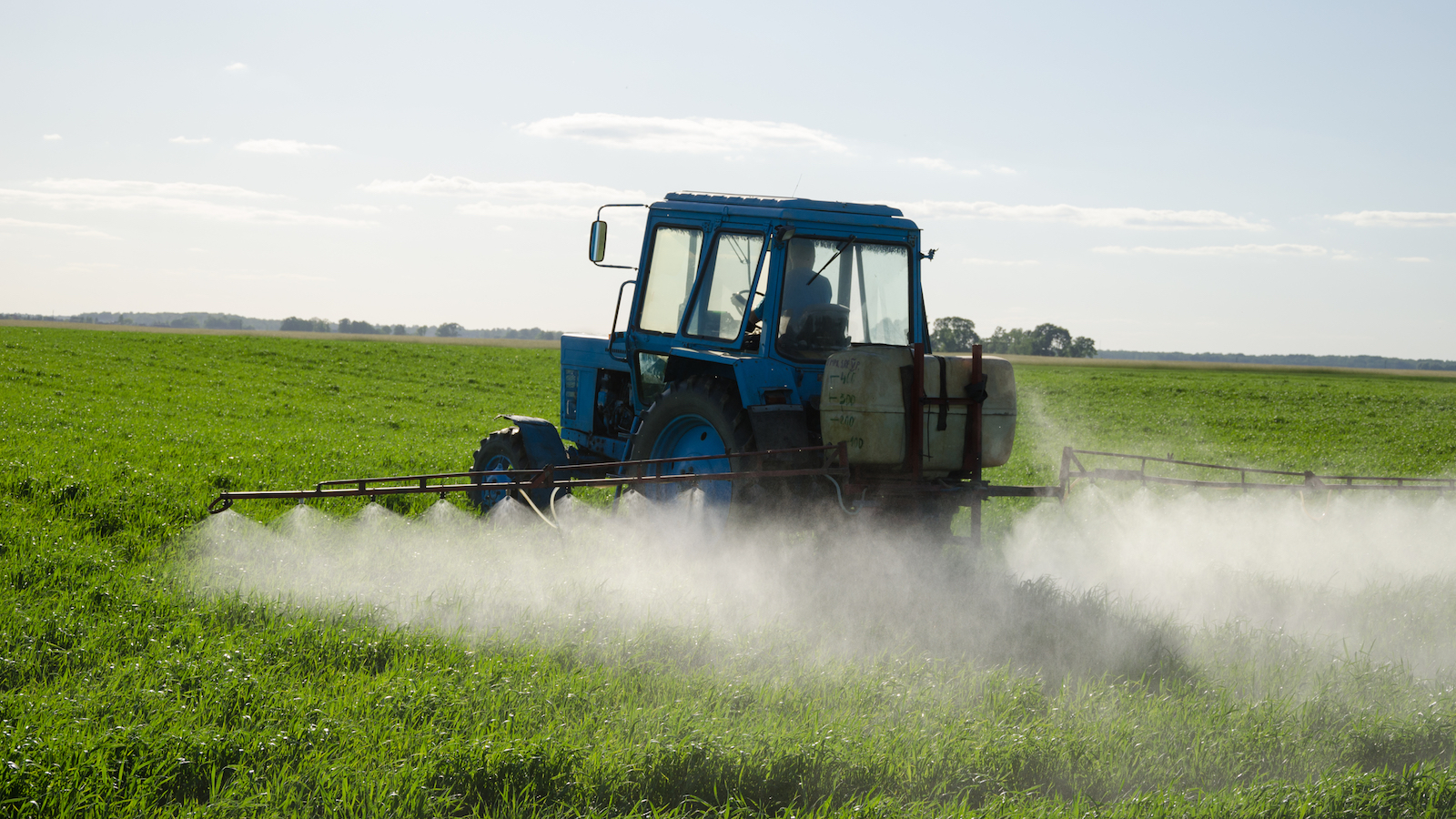
If It Looks Like a Chicken and Walks Like a Chicken
Earlier this week, Tyson Foods announced another big step toward stopping the overuse of antibiotics on industrial farms. The announcement underscores a larger trend that’s been happening for a few years now; consumer pressure is helping to drive important public health changes in the marketplace.
Earlier this week, Tyson Foods announced another big step toward stopping the overuse of antibiotics on industrial farms. The announcement underscores a larger trend that’s been happening for a few years now; consumer pressure is helping to drive important public health changes in the marketplace.
To be sure, there are laggards on the antibiotics front (see our recent blog on KFC), but perhaps no company has lagged as aggressively and proudly as Sanderson Farms.
Last year, Sanderson Farms launched an advertising campaign to discredit other chicken producers that have eliminated or reduced the use of antibiotics on their chicken farms. You can see some of their quite clever TV ads here, here, and here. And here’s a recent print ad:

Sanderson’s print ad says: “Don’t be fooled by other chicken companies who use labels like ‘raised without antibiotics.’ That’s just a marketing gimmick to get you to pay more.”
The ad is a not-so-subtle dig at Maryland’s own Perdue Farms as well as Tyson, Foster Farms and others that are moving away from antibiotics and in so doing helping to ensure that our life-saving drugs keep working. Perhaps Sanderson has an alternative definition for the word “gimmick.”
Let’s be clear. Overusing antibiotics on food animals puts our health at risk.
Farms that overuse antibiotics become breeding grounds for antibiotic-resistant bacteria, known as superbugs. And those superbugs don’t stay put on the farms; they migrate elsewhere and threaten our health.
The U.S. Centers for Disease Control and Prevention (CDC) said this about the use of antibiotics on livestock and poultry: “much of the antibiotic use in animals is unnecessary and inappropriate and makes everyone less safe.”
A recent United Nations document stated: “[T]he resistance of bacterial, viral, parasitic and fungal microorganisms to antimicrobial medicines that were previously effective for treatment of infections is mainly due to: the inappropriate use of antimicrobial medicines in the public health, animal, food, agriculture and aquaculture sectors.”
The ad is misleading, really misleading.
Sanderson’s claim that its competitors are engaged in a gimmick isn’t the only misleading part of the ad. Equally bad, in my opinion, is the assertion that Sanderson’s own practices are on par with others because “all chickens must be clear of antibiotics before they leave the farm.”
Let’s unpack that argument.
Sanderson is correct in one regard. There is a withdrawal period so antibiotics can clear an animal’s system before slaughter. This policy applies to all producers in all states.
But Sanderson knows or should know that “raised without antibiotics” has nothing to do with antibiotics in an animal’s system at the time of slaughter. It means that antibiotics were not given to a chicken during its life. The National Chicken Council, the trade association for Sanderson, understands the phrase. Its website says: “[I]t’s a program which intends to raise birds without antibiotics, and labels those which are successfully raised without antibiotics as such. Those chickens that must be treated with antibiotics are labeled with another designation.”
No one wants to be duped. No one wants to be a sucker. So, when Sanderson calls it a “gimmick to get you to pay more,” that’s powerful stuff.
To me, the ad clearly has the capacity to mislead and deceive consumers. But is it truly false advertising in the legal sense? I’m not a lawyer, but in my opinion, if it looks like a chicken, walks like a chicken, and clucks like chicken, then…
Topics
Authors
Emily Scarr
State Director, Maryland PIRG; Director, Stop Toxic PFAS Campaign, PIRG
Emily directs strategy, organizational development, research, communications and legislative advocacy for Maryland PIRG. Emily has helped win small donor public financing in Baltimore City, Baltimore County, Howard County, Montgomery County, and Prince George's County. She has played a key role in establishing new state laws to to protect public health by restricting the use of antibiotics on Maryland farms, require testing for lead in school drinking water and restrict the use of toxic flame retardant and PFAS chemicals. Emily also serves on the Executive Committees of the Maryland Fair Elections Coalition and the Maryland Campaign to Keep Antibiotics Working. Emily lives in Baltimore City with her husband, kids, and dog.
Find Out More

Expired: How date labels drive food waste and hunger

New report reveals widespread presence of plastic chemicals in our food

How much food waste does America create and what can we do about it?
